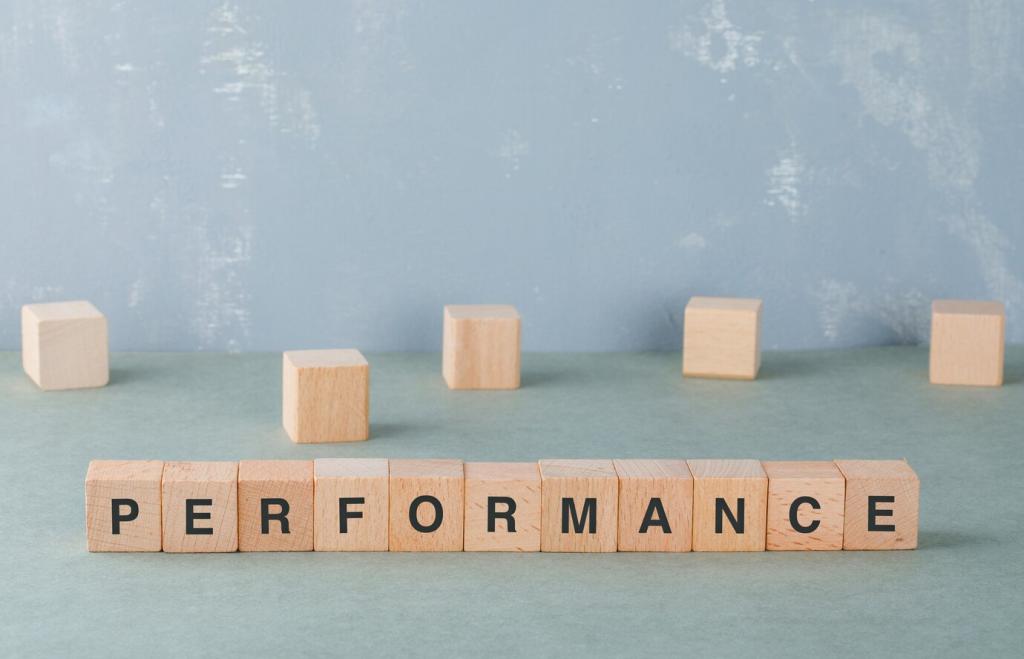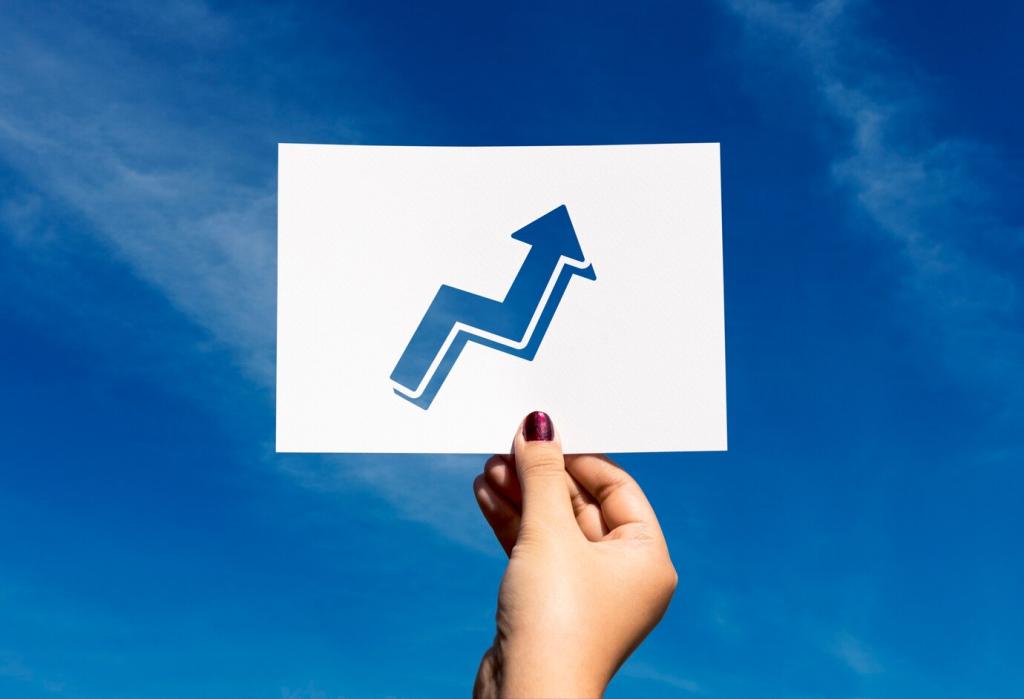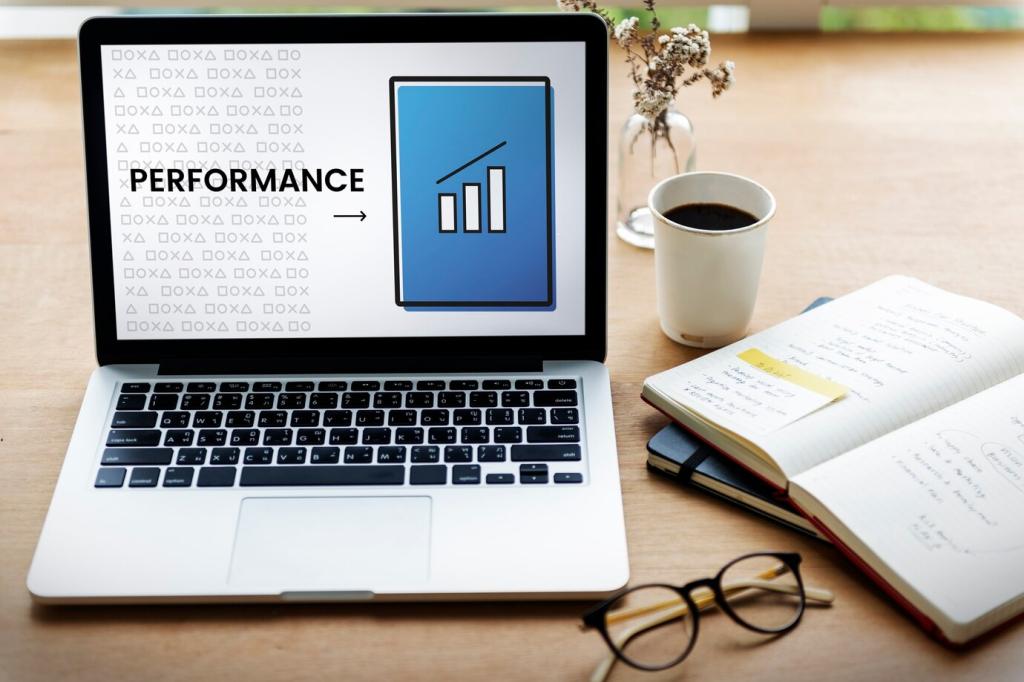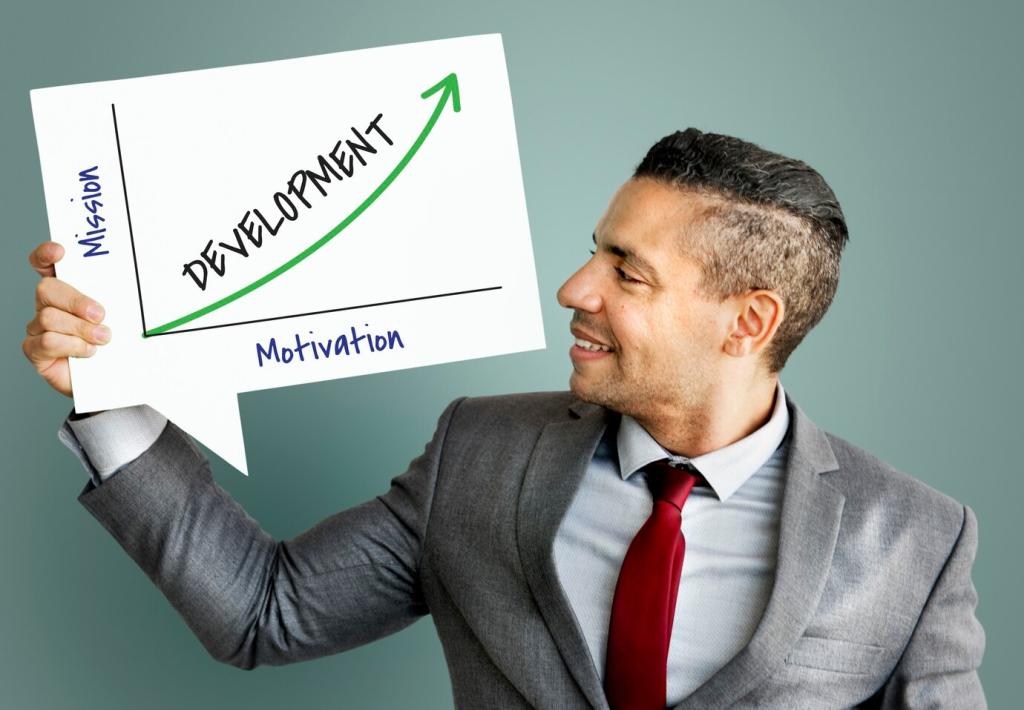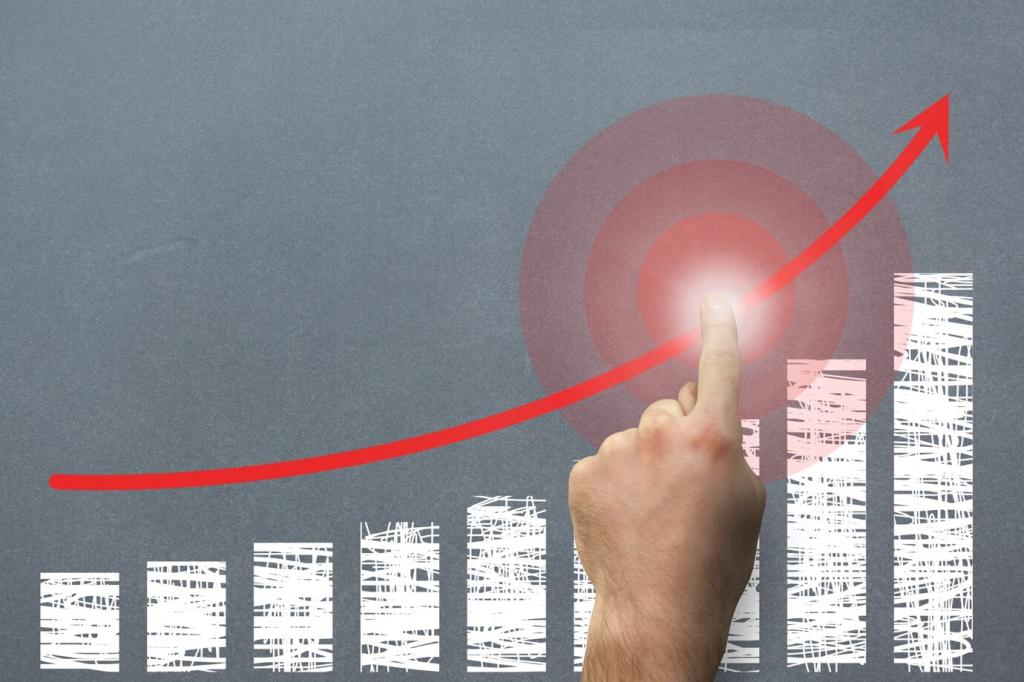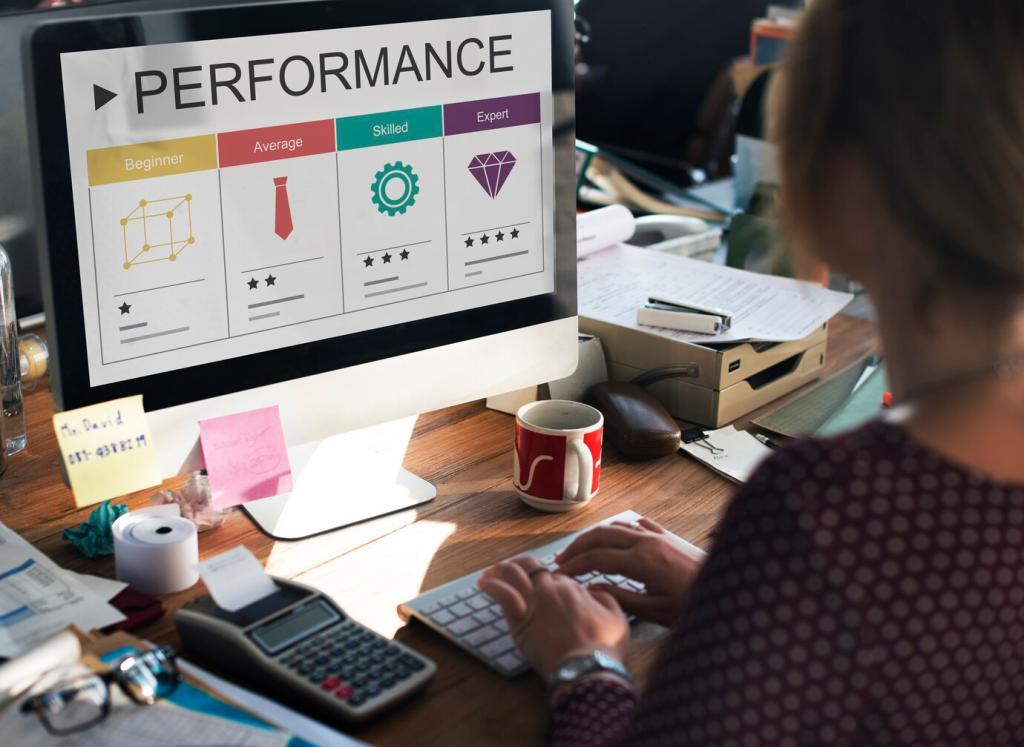Body Scan and Progressive Muscle Relaxation
Close your eyes and sweep attention from soles to scalp. Notice hotspots without judgment. When your mind wanders, softly return. This practice re-educates the nervous system to distinguish effort from rest, so muscles can power down intentionally.
Body Scan and Progressive Muscle Relaxation
Gently tense a muscle group for five seconds, then release for ten to fifteen, breathing out as you soften. That contrast teaches your body the feel of true relaxation, reducing lingering bracing patterns that often follow intense training blocks.

